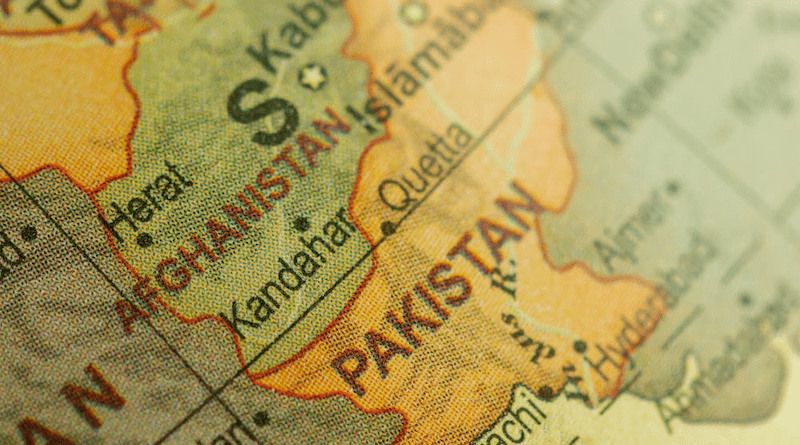Militant Attack Rocks Pakistan: Unraveling The Chaos – OpEd
By Khalid Iqbal
In the early hours of Tuesday, a police compound in Khyber Pakhtunkhwa province, Pakistan, became the epicenter of terror as militants orchestrated a devastating attack. The repercussions of this assault, which left at least 23 soldiers dead and dozens injured, echo through the troubled border regions. This article delves into the details of the attack, its aftermath, and the broader context of rising militant activities.
The attack unfolded with a vehicle laden with explosives crashing into the compound’s walls. Prior to this, militants attempted a daring entry but failed. Undeterred, they resorted to a more sinister plan, employing an explosive-laden truck and executing a suicide bomb attack. The sequence of events culminated in the collapse of the building, with concerns lingering about the explosion of stored ammunition.
The toll on the soldiers was severe, with 23 lives lost and many more injured. Simultaneously, the military swiftly responded, eliminating six attackers and conducting operations that led to the demise of a total of 27 militants. The clash underscores the precarious security situation in Pakistan’s border areas.
Pakistan’s caretaker Prime Minister Anwar ul-Haq Kakar and Interior Minister Sarfraz Bugti promptly condemned the attack. Meanwhile, the Tahreek-e-Jihad Pakistan (TJP) claimed responsibility, injecting another layer of complexity into the unfolding narrative. The incident is situated within the broader context of escalating militant attacks, particularly along the border with Afghanistan. Afghanistan is harboring the TTP that provide them a launching pad for them to plan attacks in the tribal areas and Khyber Pakhtunkhwa. The withdrawal of Tehrik-i-Taliban Pakistan (TTP) from a ceasefire last year served as a catalyst for increased hostilities. Experts attribute the emboldening of TTP to the resurgence of the Afghan Taliban in 2021.
The Pakistani government contends that insurgents operate from across the border in Afghanistan, a claim vehemently denied by the Taliban. The delicate dance between accusations and denials adds a diplomatic dimension to the security crisis. Understanding the motivations behind such attacks requires a closer look at Tehrik-i-Taliban Pakistan (TTP). The group, distinct from the Afghan Taliban, shares a hardline ideology and aims to impose its interpretation of Sharia law in Pakistan’s north-west.
The TTP’s long-standing goal of imposing its version of Sharia law underscores the persistent threat it poses. Previous attacks, such as the Peshawar mosque bombing, serve as stark reminders of the group’s ruthless agenda. Pakistan is facing this TTP menace since 2005 when military operations started in the tribal areas. Adding another layer to the complexity, Pakistan alleges that the Afghan Taliban is harboring TTP militants. This accusation, if substantiated, amplifies the transnational dimensions of the security challenge and intensifies diplomatic pressures.
As Pakistan grapples with the aftermath of this tragic incident, it becomes evident that countering militancy requires a multifaceted approach. The attack serves as a stark reminder of the challenges faced by the nation’s armed forces. The intricate web of motivations, ideologies, and geopolitical dynamics continues to shape the security landscape, demanding sustained efforts to ensure stability and peace.

